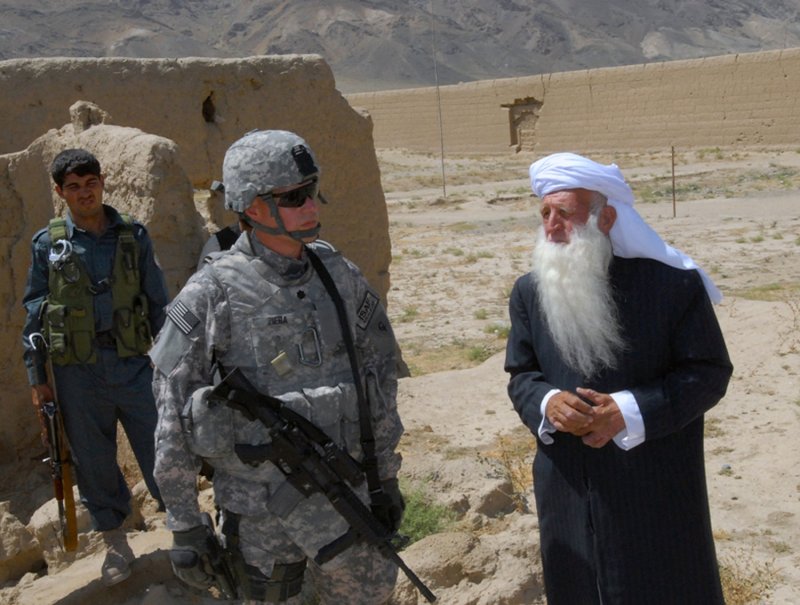WASHINGTON, Sept. 8 (UPI) -- There are alternatives to fielding a large ground force to prevent al-Qaida from again using Afghanistan as a base for terrorism, critics say.
Analysts on both the U.S. left and right who claim it's time for the United States to withdraw a force that will number 68,000 by the end of this year say that if the goal is to prevent terrorists from establishing safe havens in Afghanistan to carry out Sept. 11, 2001-style attacks, that could be accomplished instead by utilizing intensive intelligence, drone and cruise missiles and raids by commandos, The New York Times reported Tuesday.















